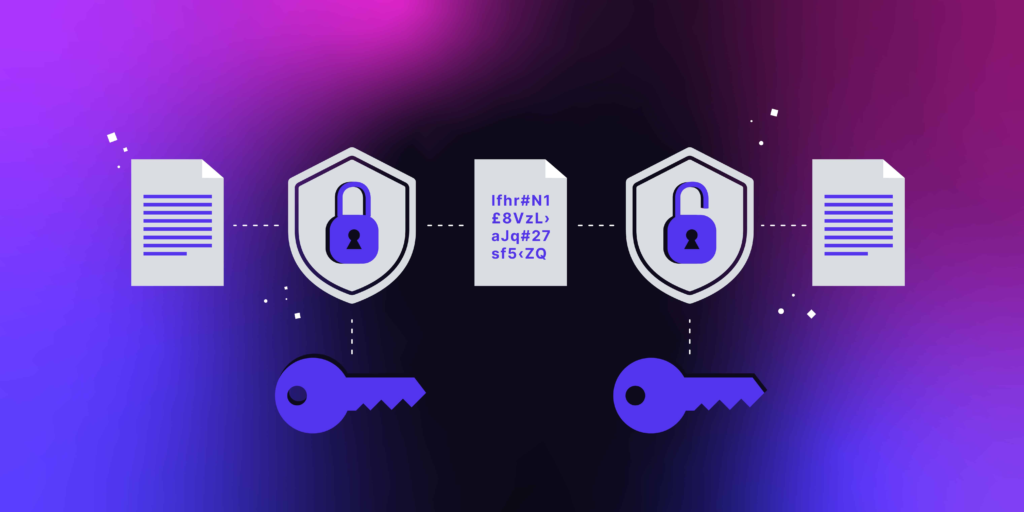AUTHOR : HANIYA SMITH
DATE : 14/10/2023
In today’s digital era, online transactions[1] have become a norm. From shopping for the latest gadgets to paying for services, everything is just a few clicks away. Behind this convenience lies a crucial component known as payment gateways[2]. In this article, we will explore payment gateway[3] information, demystify their working, and understand also why they are pivotal for e-commerce businesses.
Understanding Payment Gateways also
Payment gateways[4] serve as virtual bridges that facilitate the secure and efficient flow of funds between customers and businesses. These gateways are like digital cashiers, ensuring that your online payments[5] are processed securely and also smoothly. They encrypt sensitive information, making online shopping a safe and hassle-free experience.
How Payment Gateways Work
Payment gateways function by performing a series of intricate processes. Here’s a breakdown of their workflow:
Customer Initiates Payment
When a customer clicks the ‘Pay Now’ button on a website, the payment gateway comes into play. It prompts the customer to enter their payment information.
Encryption

The payment gateway encrypts the payment details, ensuring that sensitive information like credit card numbers and also personal data are kept confidential.
Authorization Request
The gateway sends an authorization request to the customer’s bank or credit card company to ensure the availability of funds.
Authorization Approval
Once the authorization is granted, the payment gateway approves the transaction.
Transaction Confirmation
The gateway sends a confirmation to both the customer and also the business, indicating a successful transaction.
Types of Payment Gateways
Payment gateways come in various forms. The most common types include:
1. Hosted Payment Gateways

These gateways redirect customers to a secure payment page, ensuring that sensitive information is not stored on the e-commerce site.PayPal stands also as a quintessential instance of a hosted payment gateway.”
2. Self-Hosted Payment Gateways
In this scenario, the e-commerce website handles the entire payment process, including security and also encryption. WooCommerce is an example of a self-hosted payment gateway.
The Importance of Payment Gateways
Payment gateways offer several advantages to both customers and businesses:
Enhancing Trust
Customers feel secure when they see the familiar logos of trusted payment gateways[1] during checkout.
Reducing Fraud
Payment gateways implement fraud detection tools, reducing the risk of unauthorized transactions.
Expanding Customer Base also
By providing multiple payment options, businesses can attract a broader audience.
Streamlining Operations

Automated transactions and receipts save time and also reduce human error.
Popular Payment Gateway Providers
Several payment gateway providers are popular among e-commerce businesses:
1. PayPal
PayPal is renowned for its easy setup and also compatibility with various e-commerce platforms.
2. Stripe
Stripe is known for its developer-friendly [2]features and also robust security.
3. Authorize.Net
Authorize.Net offers a range of payment solutions, including mobile payments and also e-check processing.
The Future of Payment Gateways
As technology advances, payment gateways continue to evolve. Here’s a glimpse of what the future holds for these essential components of e-commerce:
1. Mobile Wallet Integration

With the rise of smartphones, mobile wallets like Apple Pay and also Google Pay are becoming increasingly popular. Payment gateways will need to adapt to accommodate these new payment methods, ensuring a seamless experience for mobile shoppers.
2. Enhanced Security Measures
As cyber threats become more sophisticated, payment gateways must constantly update their security protocols. Expect to see even more robust encryption and fraud prevention techniques to safeguard online transactions.
3. Globalization and Multi-Currency Support also
E-commerce [3]knows no boundaries, and businesses often have customers from around the world. Payment gateways will need to offer support for multiple currencies and also languages to cater to a global customer base.
4. Integration with Emerging Technologies
The integration of emerging technologies like blockchain and cryptocurrencies will likely impact payment gateways. These technologies can provide faster and also more cost-effective international transactions.
5. Streamlined Checkout Processes

Online shoppers value convenience, and payment gateways are working on reducing the number of steps involved in the checkout process. This will decrease cart abandonment rates and also boost sales.
Conclusion
In the world of e-commerce, payment gateways are the unsung heroes, ensuring the smooth and secure flow of online transactions. They simplify the process for both customers and also businesses, making it an essential component of any successful online venture.
FAQs
1. Are payment gateways safe for online transactions?
Yes, payment gateways[4] employ encryption and also other security measures to ensure the safety of online transactions.
2. Do I need a payment gateway for my e-commerce business?
Yes, a payment gateway is crucial for accepting online payments and also providing a seamless shopping experience for your customers.
3. Can I use multiple payment gateways on my website?
Yes, many e-commerce platforms allow you to integrate multiple payment gateways to offer diverse payment options to your customers.
4. How long does it take for a payment to be processed through a gateway?
Payment processing times may vary depending on the payment gateway, but most transactions are processed within seconds.
5. Is it necessary to have a PayPal account to use PayPal as a payment gateway?
Customers can make payments through PayPal without creating an account, but having an account offers additional benefits and convenience.





